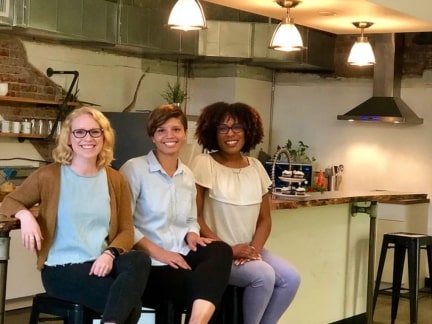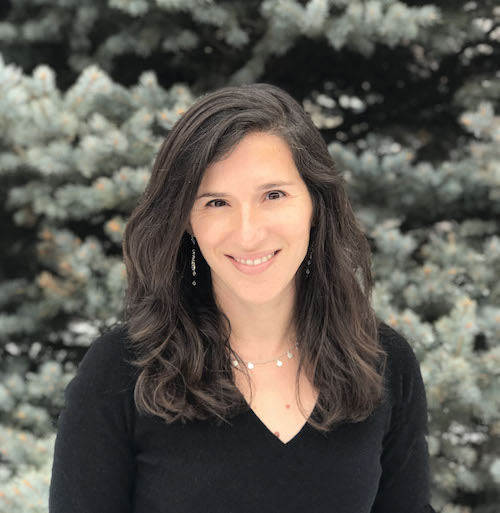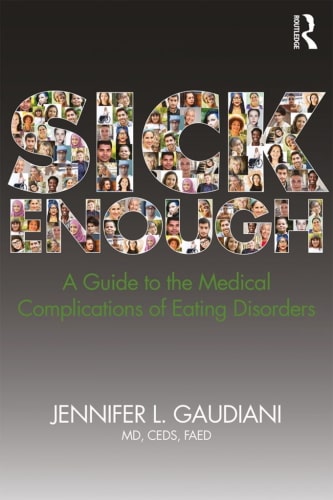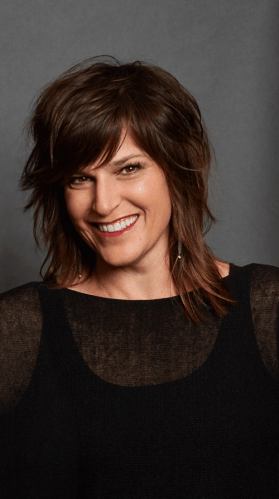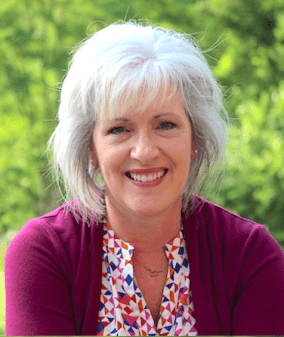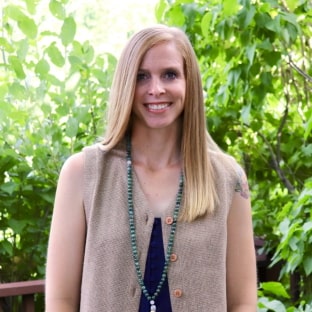

Whitney Russell MS, LPC-S, CEDS-S
Email: [email protected]
Website: www.bravehavencounseling.com
Instagram: @whitneylpc
What is your current position?
I have two professional hats that I wear right now. I have a therapy practice in Richardson, TX called Brave Haven Counseling where I specialize in eating disorders, addictions, mood and anxiety, women’s issues, relationship difficulties, and the enneagram. My services include individual and family therapy, telehealth sessions, consultation, and supervision. It is one of my missions in life to give my clients and my supervises a safe space where they can do difficult and hard work. My favorite part about being a therapist is establishing relationships with my clients where I am able to help them to see what they have been missing about themselves all along- that they are powerful beings worthy of great love, belonging, and connection. Having my LPC-S and my CEDS-S allows me to guide the next generation of practitioners and it is a very rewarding aspect of my practice.
Along with having my private practice, I am also the Regional Director for Center For Discovery in Texas and Illinois. I oversee the operational and clinical divisions for all of the residential facilities and outpatient locations in both of these states. I offer guidance and support to the leaders of these programs daily. It is my hope to empower these leaders to be their authentic selves as well as establish safe spaces for their clients and employees.
How did you get started in your career?
I have always been interested in eating disorders. Growing up in our society it is very difficult to not be a victim of diet culture and feel like you always need to be perfecting your body, eating the right foods, and crafting an image. After I became fully licensed while working at the Dallas County Juvenile Detention Center, I seized an opportunity in 2011 to be a primary therapist at an outpatient facility for eating disorders and never looked back. The belief systems we cultivate in our clients around body image, food, self-care, authenticity, and courage have really become a part of my own identity and I have so much gratitude for this work.
What advice would you give to someone new to the field?
Be ready to examine your own thoughts and beliefs about the world. Being effective in the world of eating disorders means that you have to “walk the walk” and not just “talk the talk”. Examining how you interact with and participate in diet culture is the first step.

